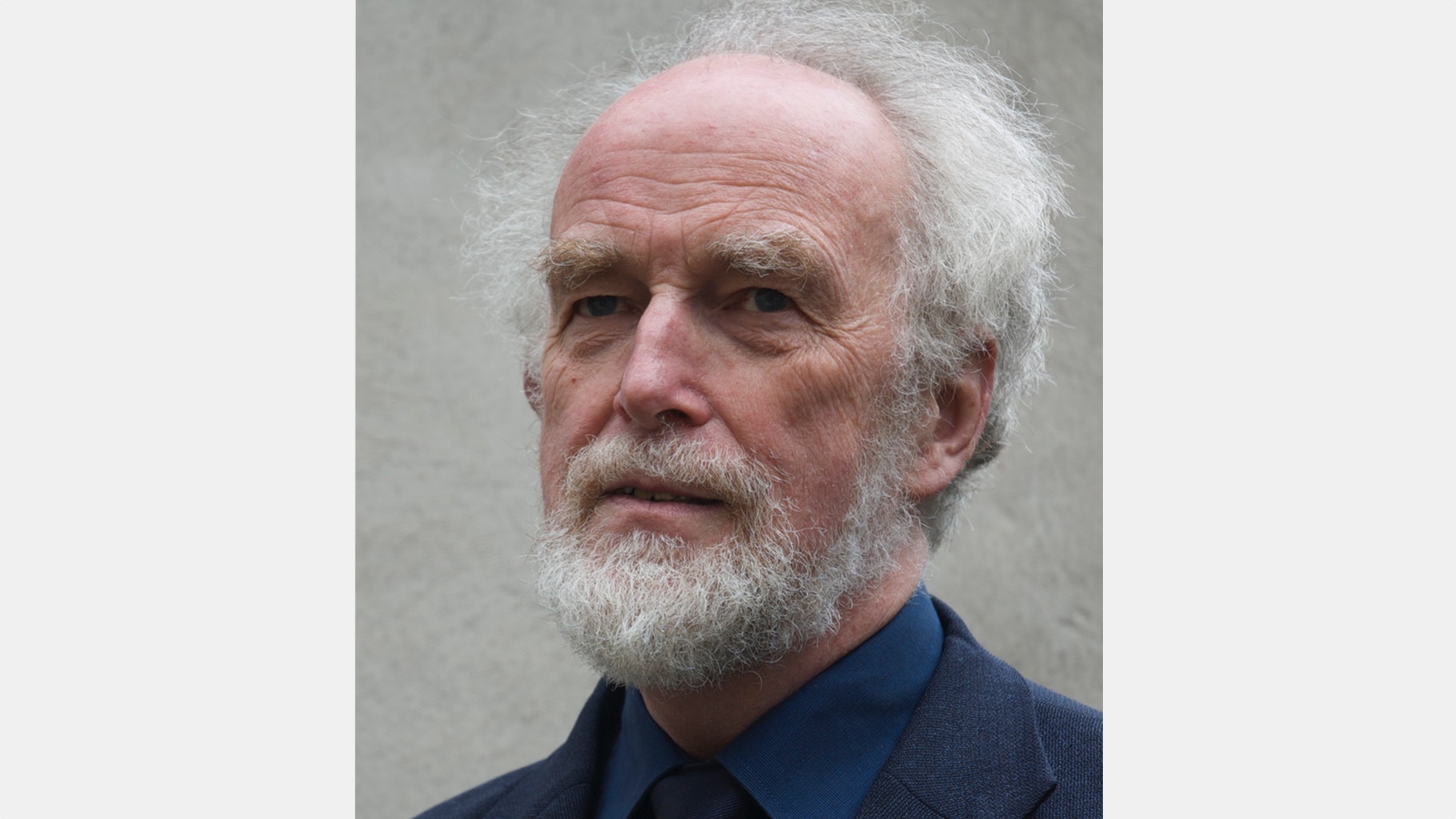In 1966, the year that the University of Bath was founded, the Flowers report reversed previous government policy that UK academia needed three computers and decided that every university should be allowed a computer (but British-made). The universities of the South West and South Wales, realising that one computer was like putting all their eggs in one basket, decided to buy compatible computers and, in pre-Internet days, set up the South West University Computer Network and a South West University Regional Computer Centre, SWURCC, which was based in what is now 2 South, as Bath (then!) was the least influential of the universities and was seen as the least able to hijack the enterprise. Martyn Thomas led the software side of SWURCC, which, due to his vision, rapidly achieved a reputation for quality. The size and nature of the commercial contracts that it was offered meant that SWURCC risked being diverted and, long before "spin-out" entered the vocabulary of Vice-Chancellors, Martyn led one and formed Praxis Ltd, first in 1 West North and then in the City of Bath. He retained his links with the University and served on University Council, ably chairing (as I witnessed) a Working Party which set up our structure of separate but closely co-operating Library and Computing Services that we have today.
He made major technical and business decisions at that time. He decided that merely "good software" was not good enough and took Praxis into the nascent area of formally verified software. In 1986, Praxis became the first independent software house to achieve British Standard 5750 (later to become ISO 9001) quality certification. In 1992, he sold Praxis to Touche Ross (later Deloitte and Touche) but retained a major role and, in 1994, purchased and integrated Program Validation Limited, a Southampton spin-out which had developed SPARK, a subset of the Ada programming language suitable for the development of applications that demand safety, security and reliability, in which the programmer can write formal contracts describing the behaviour of the software, whose validity can be checked. This has proved a mainstay of the business, developed partially by Bath graduates and a Bath-based Knowledge Transfer Partnership. The company is now part of the Altran group but retains its academic links and is an associate of the European Symbolic Computation and Satisfiability Checking project, which Bath coordinates.
This is undoubtedly great computer science, you may be thinking, but what has it to do with me? If you fly from any UK airport, your aeroplane is controlled by National Air Traffic Services, whose key software is written by Altran. This software has achieved over one million operational hours with no unplanned downtime (when did you last have to reboot your personal computer?) and has controlled aircraft carrying more than a thousand million passengers. From the point of view of a computer scientist, a modern aeroplane is a hierarchical network of real-time computers with advanced Human-Computer Interaction devices (mostly in the cockpit), a multiplicity of unusual peripherals, such as fuel pumps and airflow sensors, and an extremely high reliability requirement. Among the major subnetworks are the engines and the Rolls Royce Trent engines, which will power all forms of Boeing 787 Dreamliner, Airbus A350-1000 and Airbus A330neo, have engine control and health monitoring systems developed using SPARK.
Martyn has done many other things, being Visiting Professor of Software Engineering at Oxford, Southampton and Aberystwyth and the first Gresham Professor of Information Technology. His expertise is brought to bear as a non-executive director of both the Serious Organised Crime Agency and the Health and Safety Executive; very relevant when so much machinery is computer-controlled. He has been honoured as a Commander of the Most Excellent Order of the British Empire and as a Fellow of the Royal Academy of Engineering, of which body he has been a Vice-President.
Vice-Chancellor, I present to you Professor Martyn Thomas who is eminently worthy to receive the Degree of Doctor of Engineering, honoris causa.
